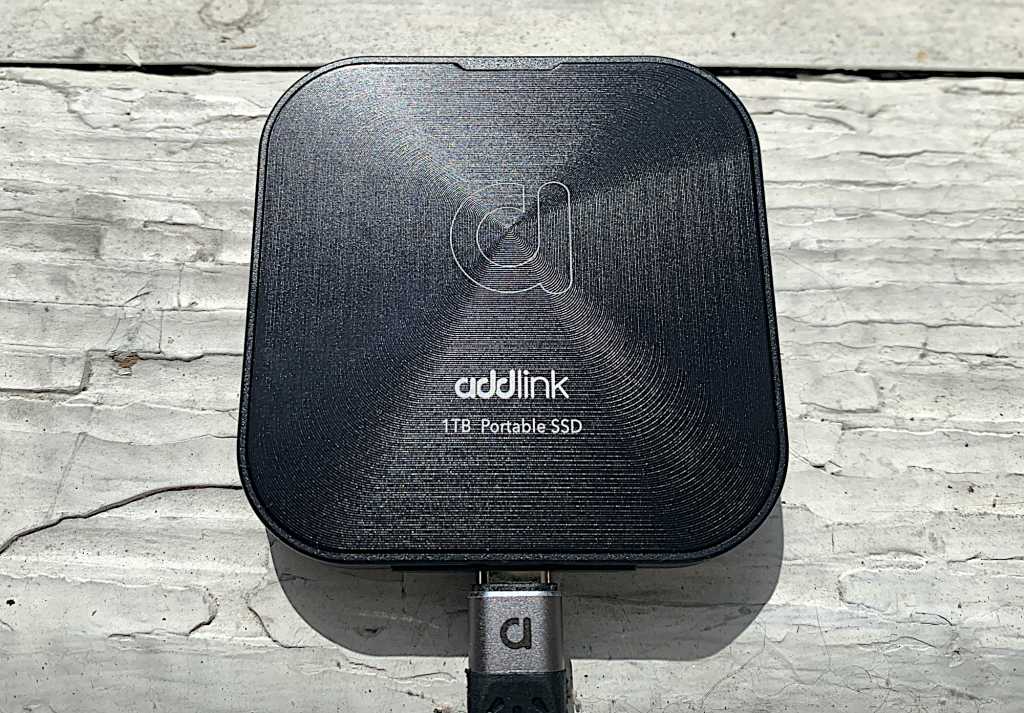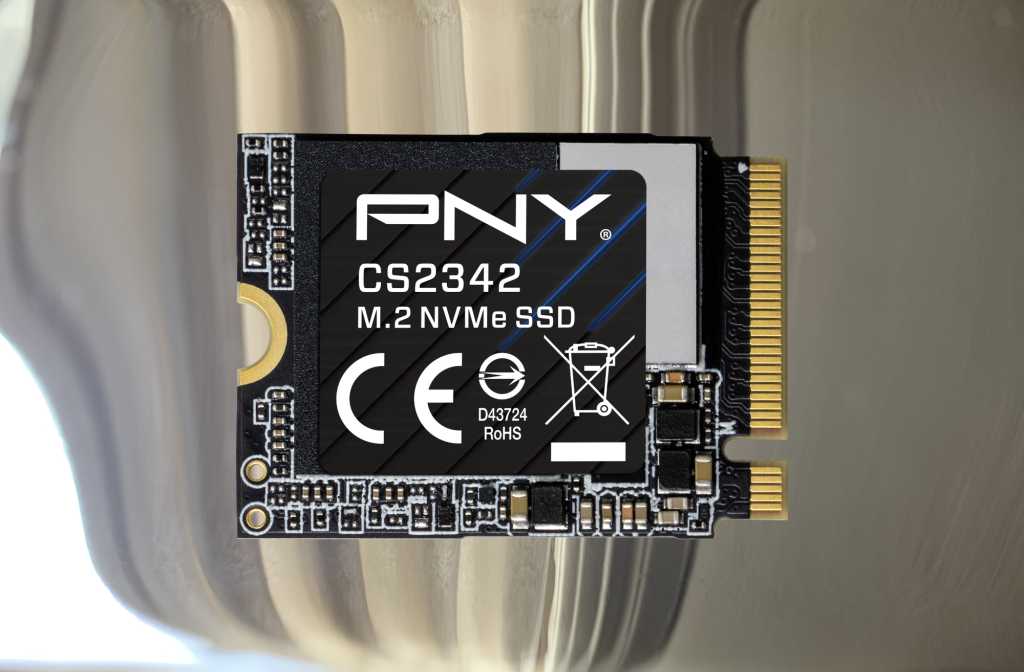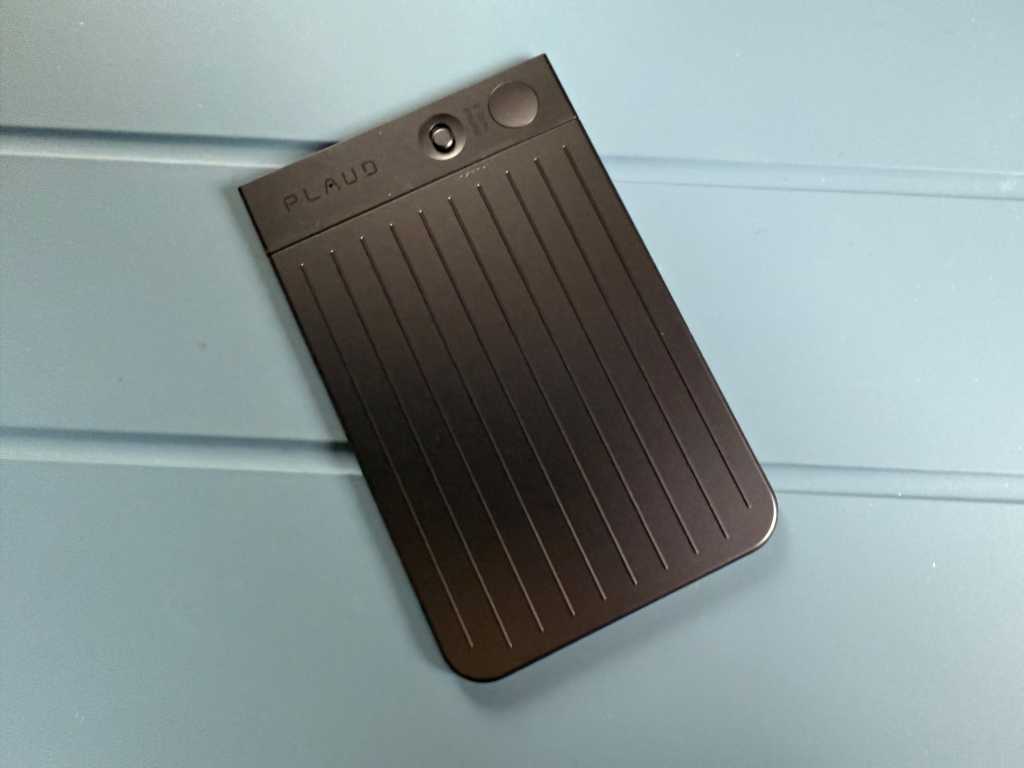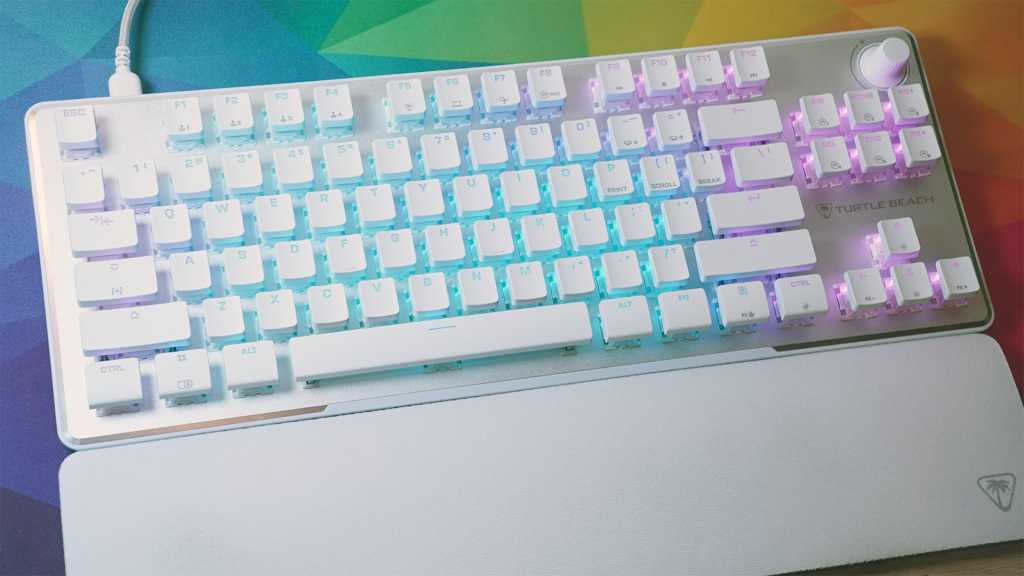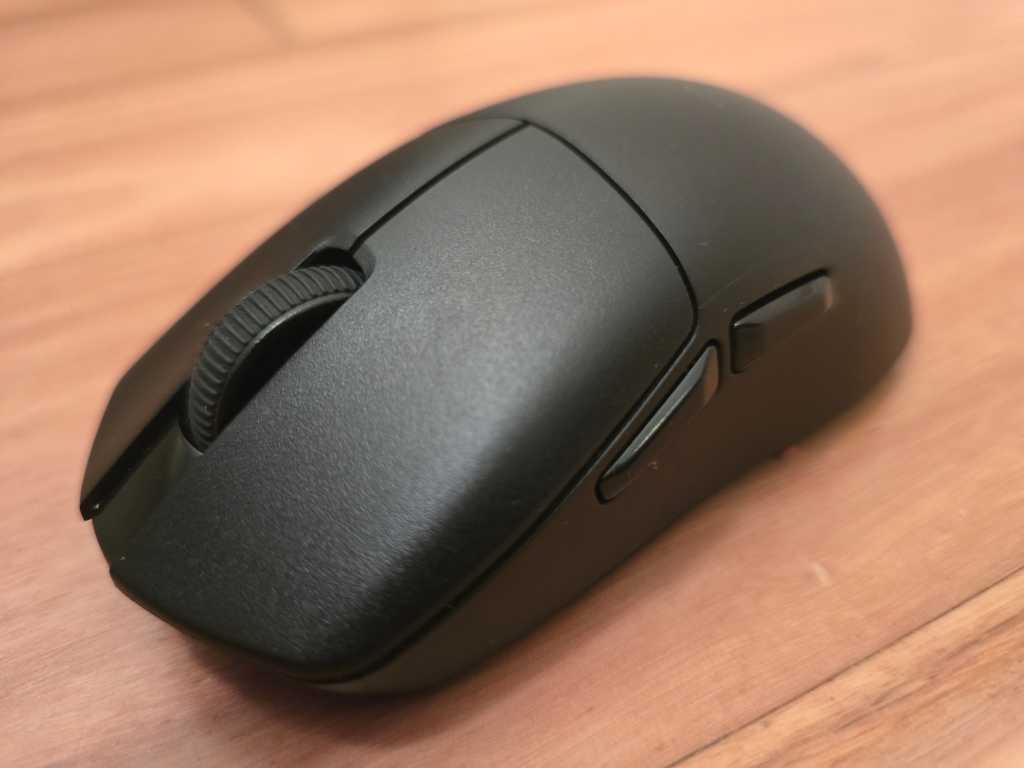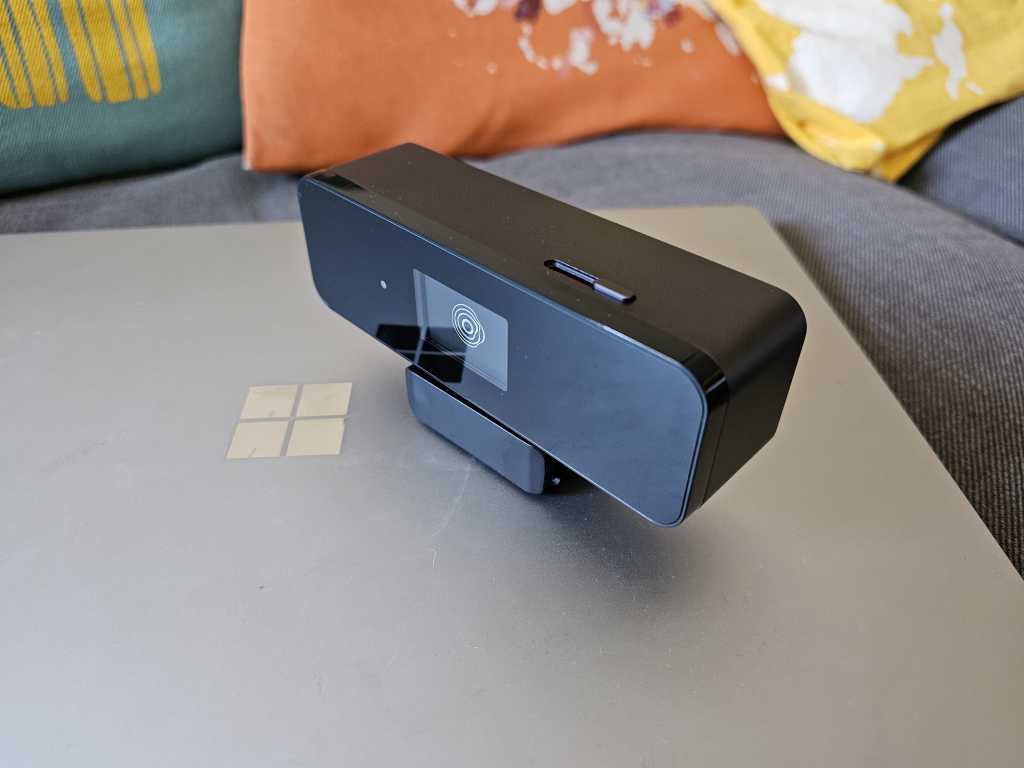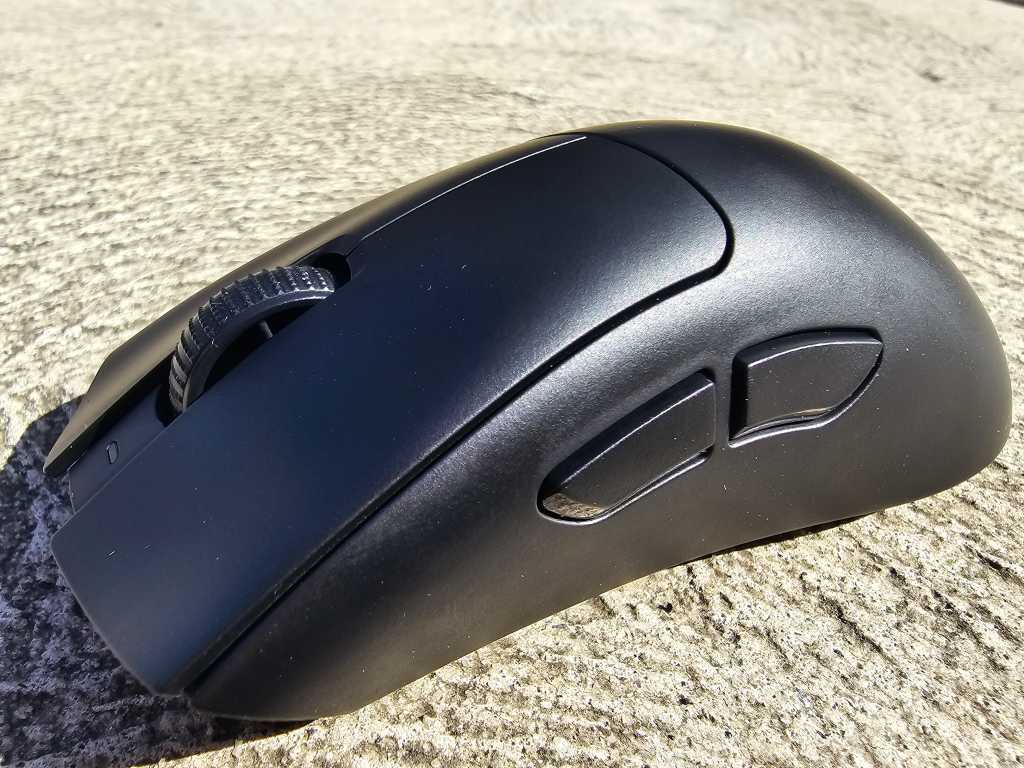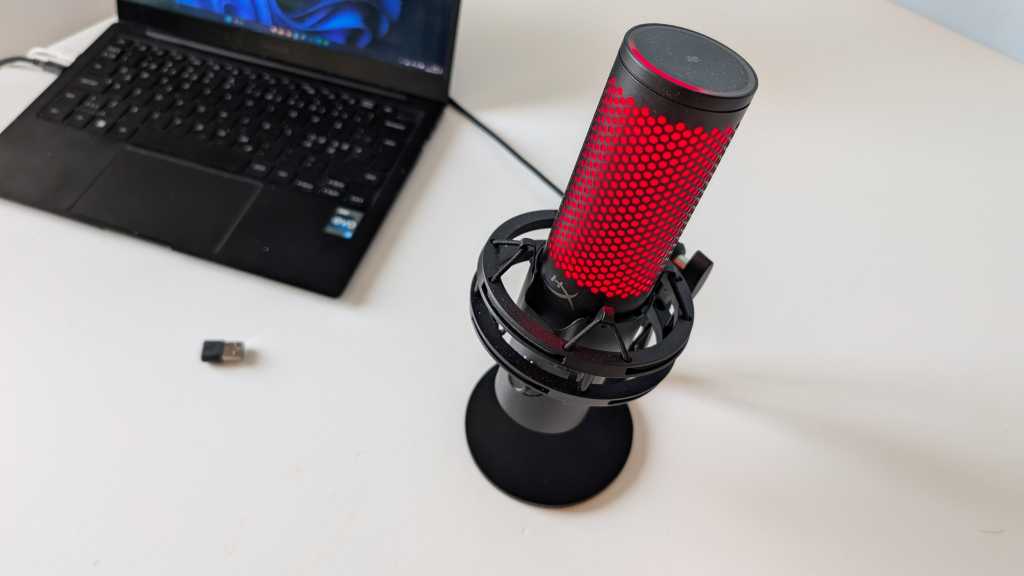The Addlink P30 portable USB4 SSD impresses with its incredibly small size and surprisingly affordable price. While it might not be the absolute fastest USB4 drive on the market, its compact design, good performance, and attractive price point make it a compelling option.
Features and Design
The P30 is remarkably compact, measuring just 2.5 inches square and about 0.5 inches thick. Weighing a mere 1.9 ounces without the cable (2.1 ounces with the included 5-inch, 40Gbps Type-C to Type-C cable), it’s incredibly portable. Inside, the P30 utilizes a Phison PS2251-21 controller and 162-layer Kioxia BiCS6 TLC NAND, offering a balance of performance and affordability. It comes with a five-year warranty, and although a specific TBW (Terabytes Written) rating wasn’t provided for our review, we estimate it to be around 600TBW per terabyte based on the TLC NAND.
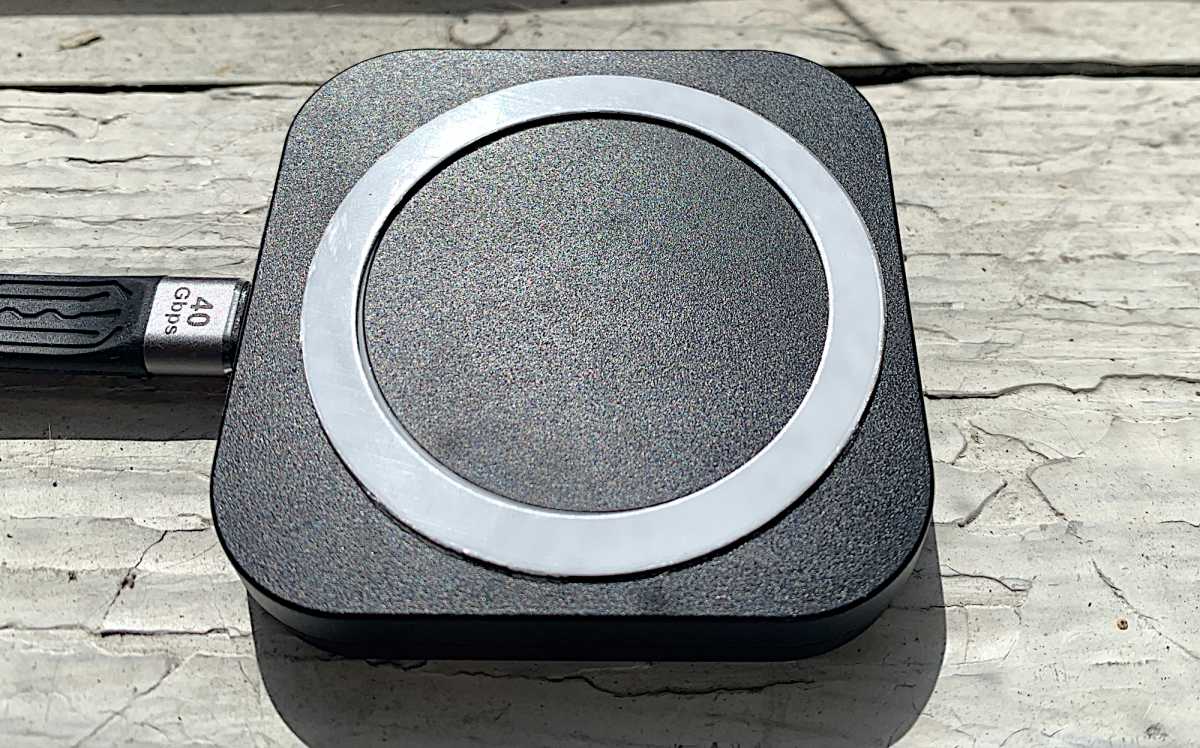 The back of the Addlink P30 with the included magnetic ring.
The back of the Addlink P30 with the included magnetic ring.
Pricing and Availability
The Addlink P30 offers excellent value, with the 1TB model (tested) priced at $89.44 and the 2TB version at $158.44. This makes it significantly more budget-friendly than some of the higher-end USB4 SSDs on the market. A 4TB version is reportedly in development but not yet available.
Performance
While the 1TB P30 we tested experienced some performance limitations, particularly during larger file transfers, its overall speed is still quite respectable. In CrystalDiskMark 8 sequential tests, it performed admirably, even outpacing the similarly designed Corsair EX400U.
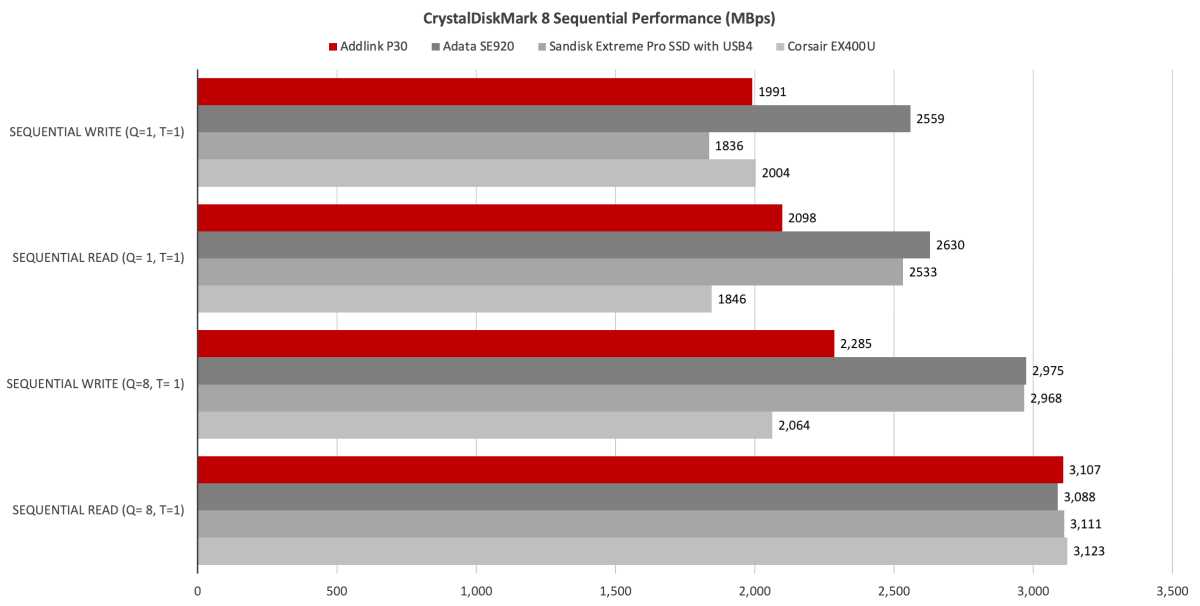 CrystalDiskMark 8 sequential test results.
CrystalDiskMark 8 sequential test results.
Random performance was more competitive, aligning with other drives in its class.
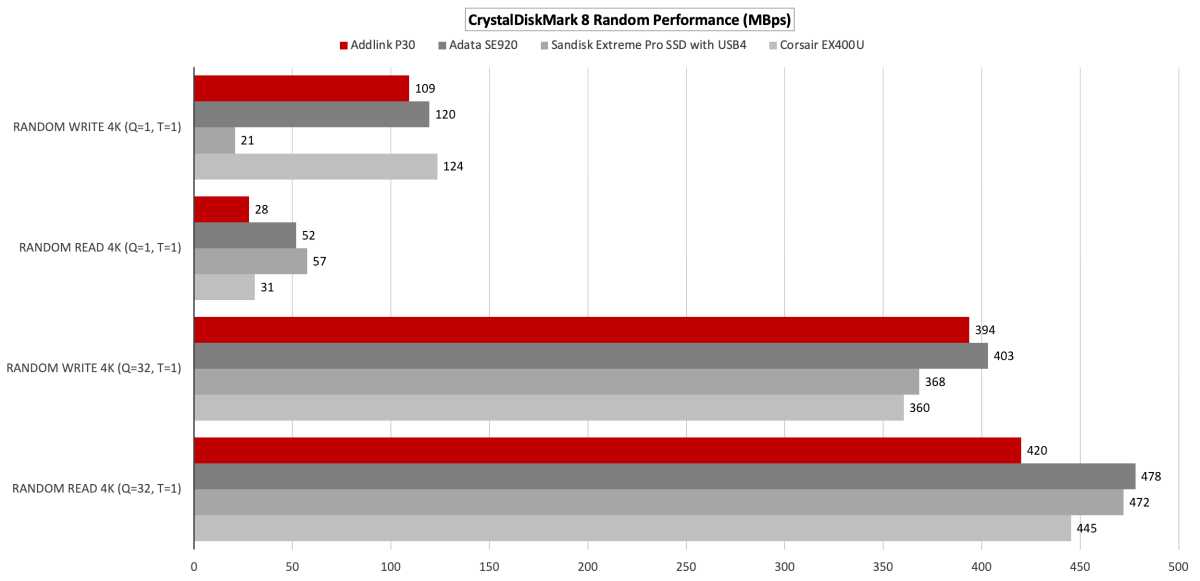 CrystalDiskMark 8 random performance results.
CrystalDiskMark 8 random performance results.
In real-world 48GB file transfer tests, the P30 lagged behind some competitors, likely due to its 1TB capacity and limited secondary cache.
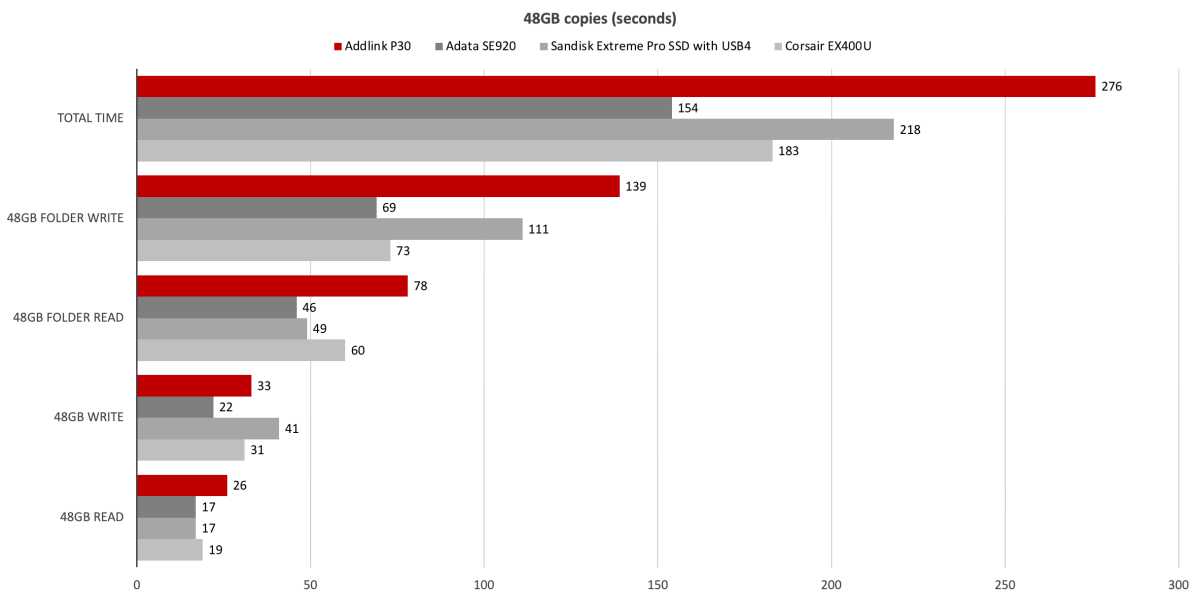 48GB file transfer test results.
48GB file transfer test results.
When writing a 450GB file, the P30’s performance was noticeably slower compared to more expensive, higher-capacity drives like the Adata SE920. This difference is partly attributable to the SE920’s larger capacity and secondary cache. We anticipate that the 2TB and 4TB versions of the P30 will offer improved performance in this area.
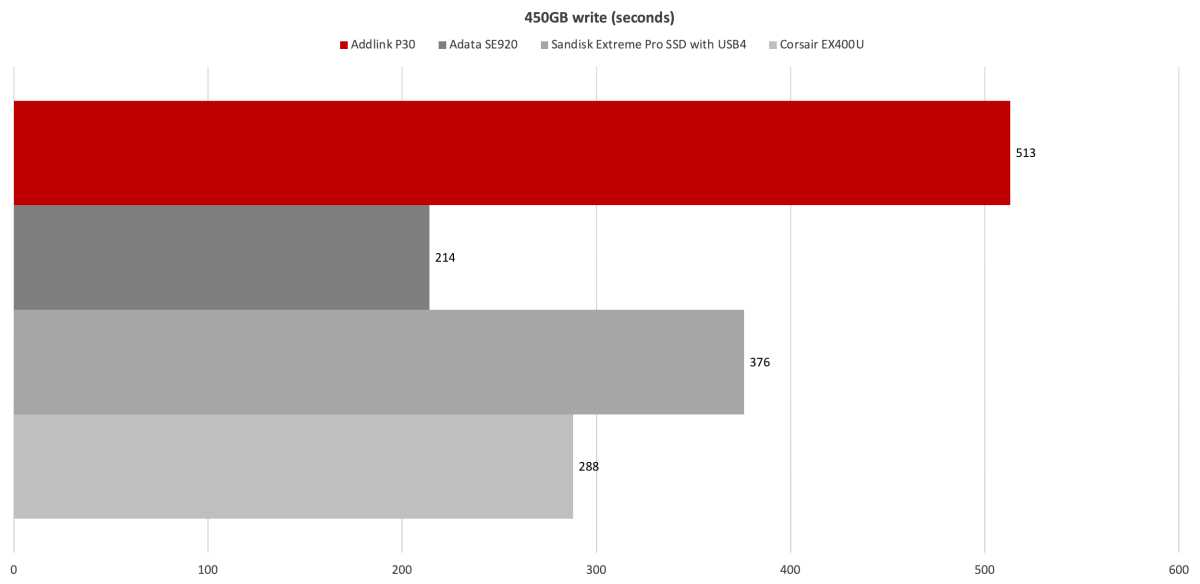 450GB file transfer test results.
450GB file transfer test results.
The P30’s relatively small 50GB secondary cache contributes to the slower 450GB write speeds. However, even when writing natively (without secondary caching), the drive maintains a respectable speed of around 830MBps.
 Native write speed performance.
Native write speed performance.
Conclusion
Despite not being the fastest USB4 drive available, the Addlink P30 offers an appealing combination of portability, performance, and affordability. Its compact size, competitive price, and decent speed make it a solid choice for users who prioritize portability and value. For those seeking absolute top-tier USB4 performance, higher-priced alternatives like the Adata SE920 might be more suitable. However, for everyday tasks and lighter workloads, the P30 is a compelling option.



